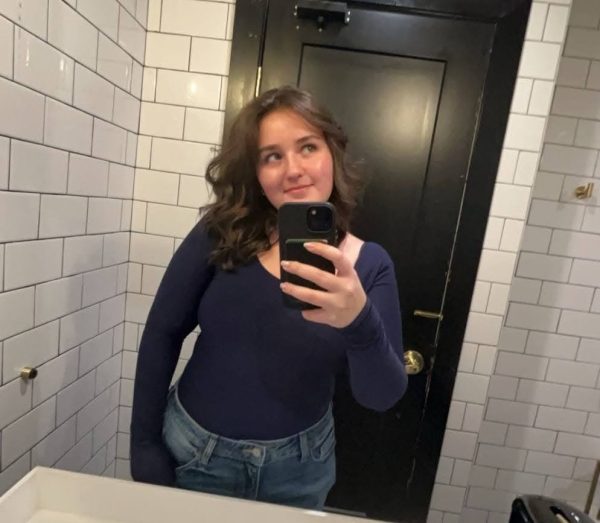This past April, students from the FASE program, along with their peers, took the stage to produce a production that is the first of its kind. Leah Moore, the show’s director and a ninth-grade English teacher at Harrison High School, gathered student helpers to assist with the play’s production, along with many talented student actors to bring the performance to life.
Wishtree, the chosen adaptation for this production, is originally a novel by Katherine Applegate and delves into the story of its main character, Samar, who struggles to adapt to her new and inhospitable environment. Red is a magical tree that listens to the hopes, wishes, and desires of people and animals around the neighbourhood. With the help of the animals around her, Samar finds the friends she’s been searching for since moving to her new neighbourhood. The novel, as well as the play adaptation, explores topics of friendship, inclusivity, community, and the power of communication. The students also encouraged the audience to join in as they performed original Wishtree songs, “The More We Get Together,” in sign language, and their farewell piece, “Goodbye Song.”
For many of these students, Wishtree was an opportunity to present their extensive dedication and work on the production to family, friends, and peers. It was also a chance to learn how communication transcends what is spoken, and the ways in which we can get to know one another through mediums like theater. Leah Moore and sophomore student helper Laura Novak spoke about the preparation that went into bringing Wishtree to life and the process of making this production happen.
For Moore, the stage represented more than just the performance it was housing. To her, it represented a space for growth, visibility, and inclusion. Moore explains that the idea for adapting Wishtree into a production began with recognizing exclusion in her own daughter’s life. “My daughter’s school was reading Wishtree because of the themes of inclusivity; however, they didn’t include my daughter’s self-contained class,” she says. “I read the book and immediately wanted to see how to bring this into the adaptive theater classroom.”
The play, although adapted from an inspiring and humorous story, took a lot of thoughtful organization in its planning to ensure its success. “I researched whether there were any people making puppets for the show because I knew I wanted a sensory experience for students. I found Adam Swartz’s puppetry… I spent a month writing the script to make it specific to the interests and readiness level of the students,” Moore shared. From start to finish, the creation and staging of this performance was intentional, and that was important in guaranteeing an inclusive experience for the FASE students. “The script was designed with each student in mind. They auditioned for their parts by choosing the animals they liked the most. Every aspect of the production was made with them in mind.”
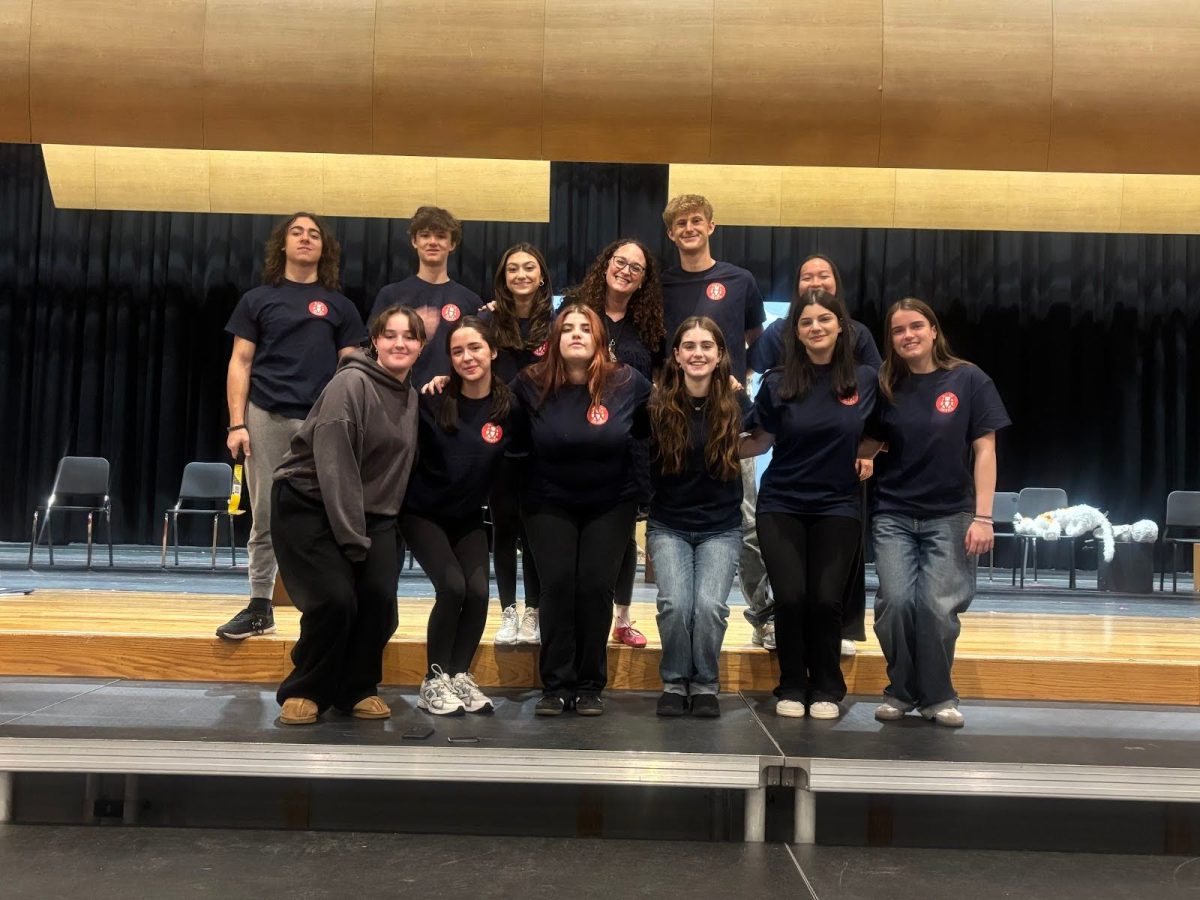
Despite this, with every great production comes its challenges. “It was challenging to know how to first start the rehearsal process and to see what the students would respond to. I modified the script several times until I found lines that worked for the students.” Regardless of the difficulties along the way, Moore believes it’s important to focus on feedback and continue moving forward.
Laura Novak, a student actor and helper who assisted with the creation of the program and stage setup, agreed. “A challenge that I faced was trying to connect with the kids. We are not able to interact as much during school days due to our busy schedules.” she says. Novak first learned about the opportunity to get involved with the play in a different way than most student helpers in the production. “It was out of the blue, but I totally committed to it.” she explains. Novak was offered a chance to be a part of the performance by Moore after helping a peer take headshots of the cast during a rehearsal. She believes that although it was unexpected, and the theater program was unfamiliar to her, the experience made a lasting impact on herself and her place in the HHS community.
When asked if their Wishtree experience would encourage them to do more projects and productions like this one, both Novak and Moore did not hesitate to say yes. Both emphasized the extensive work and dedication that everyone put into bringing Wishtree to life. “It really shows the willingness of students and teachers to put something so special together and include themselves in the HHS community,” Novak states. Additionally, Moore is looking ahead. “This year, we had a few clubs and classes who participated in sensitivity training to learn how to be supportive audiences. I would like to continue this process to have even more neurotypical students participate,” she says. She hopes that this can be the start of many more experiences for the ‘All In Theater’ company.
“At the conclusion of the show, I saw one of the actors in the hallway and I said, ‘I am so proud of you.’ She replied, ‘I am so proud of myself’” Moore shares, commending student helpers for venturing into a possibly unfamiliar yet shared community. “That is what this is all about.”

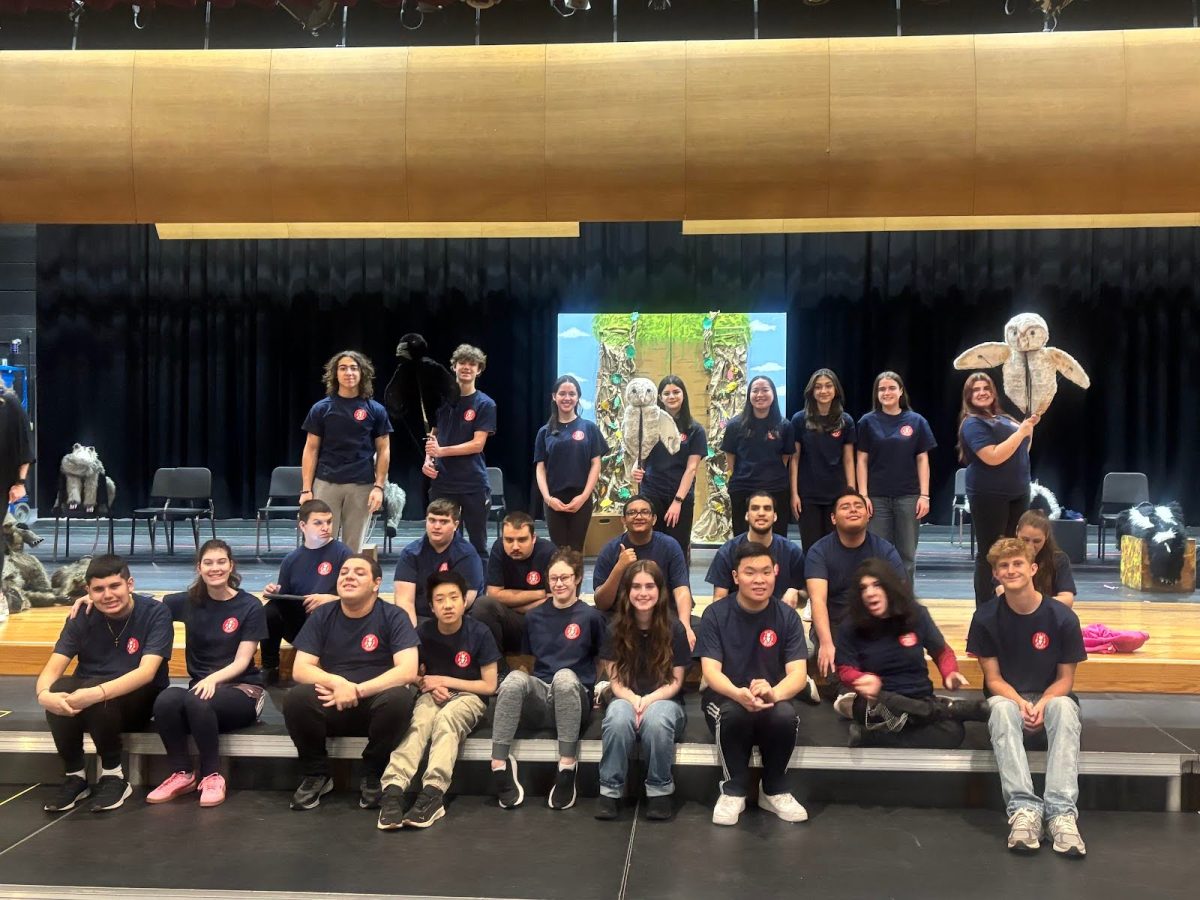


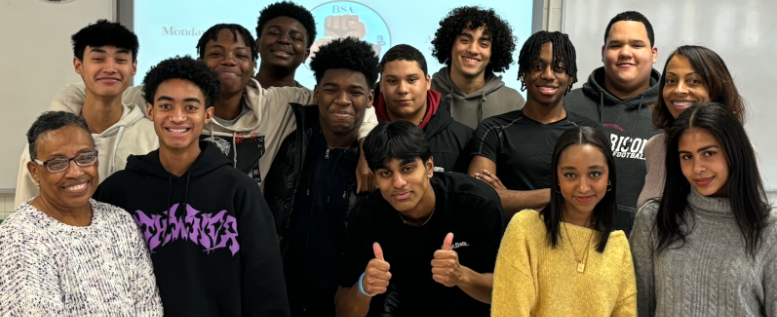

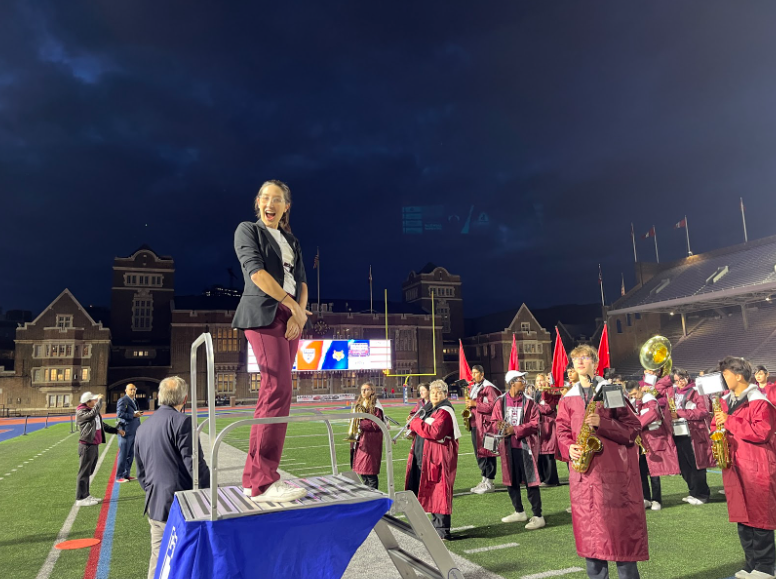
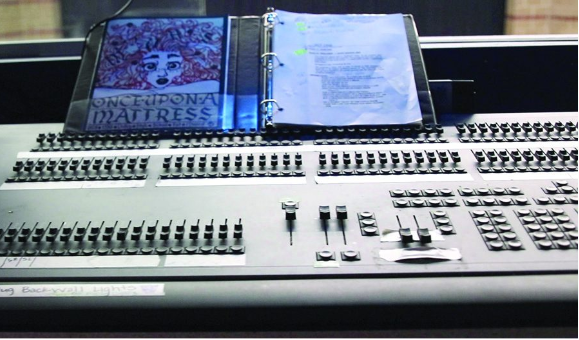
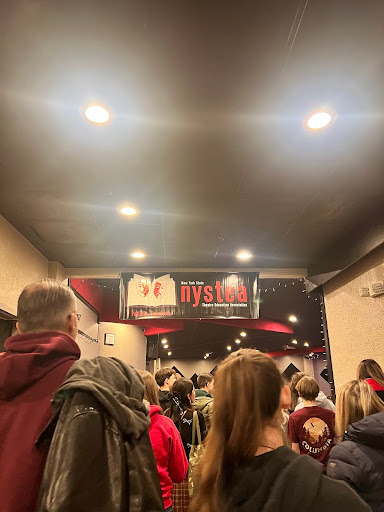
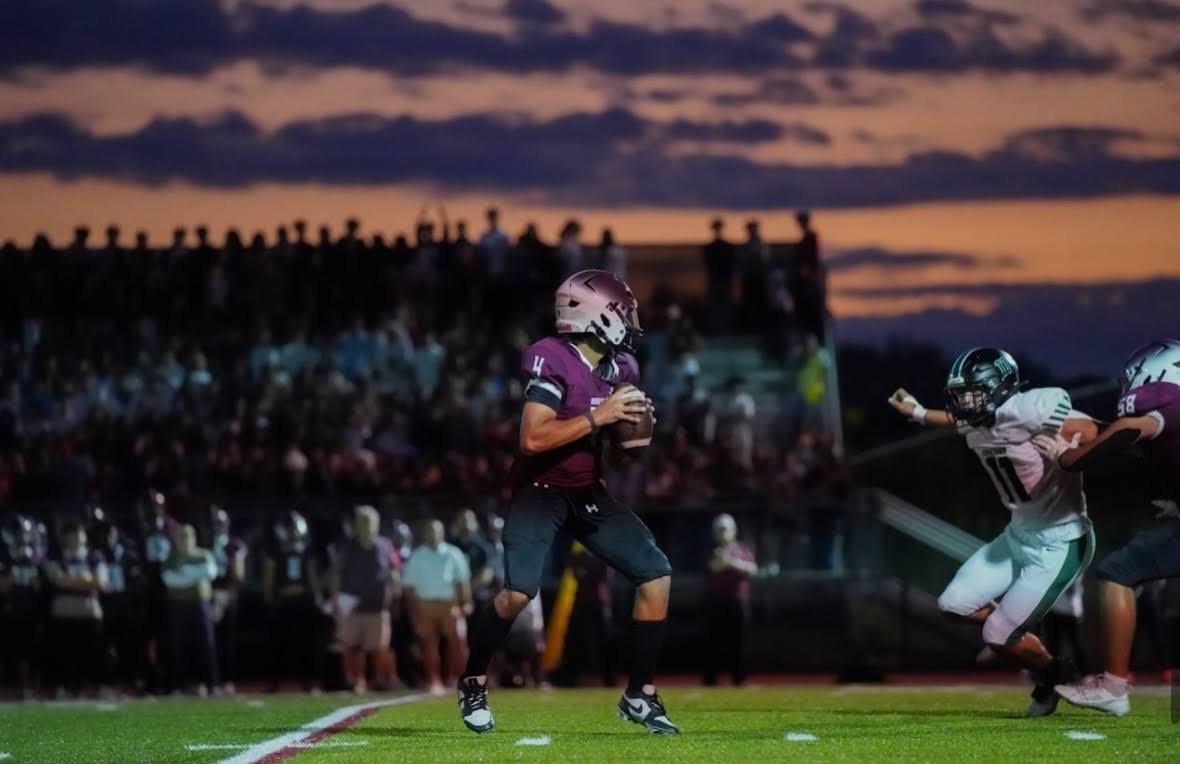
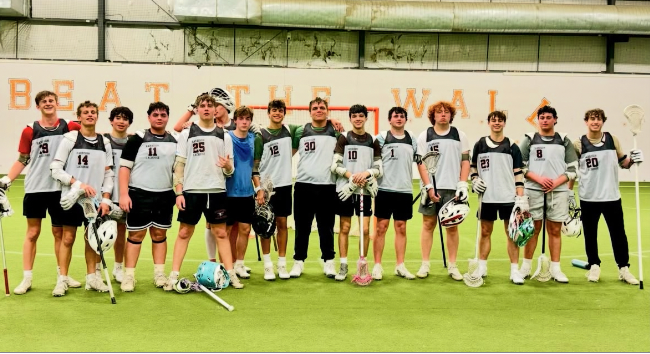
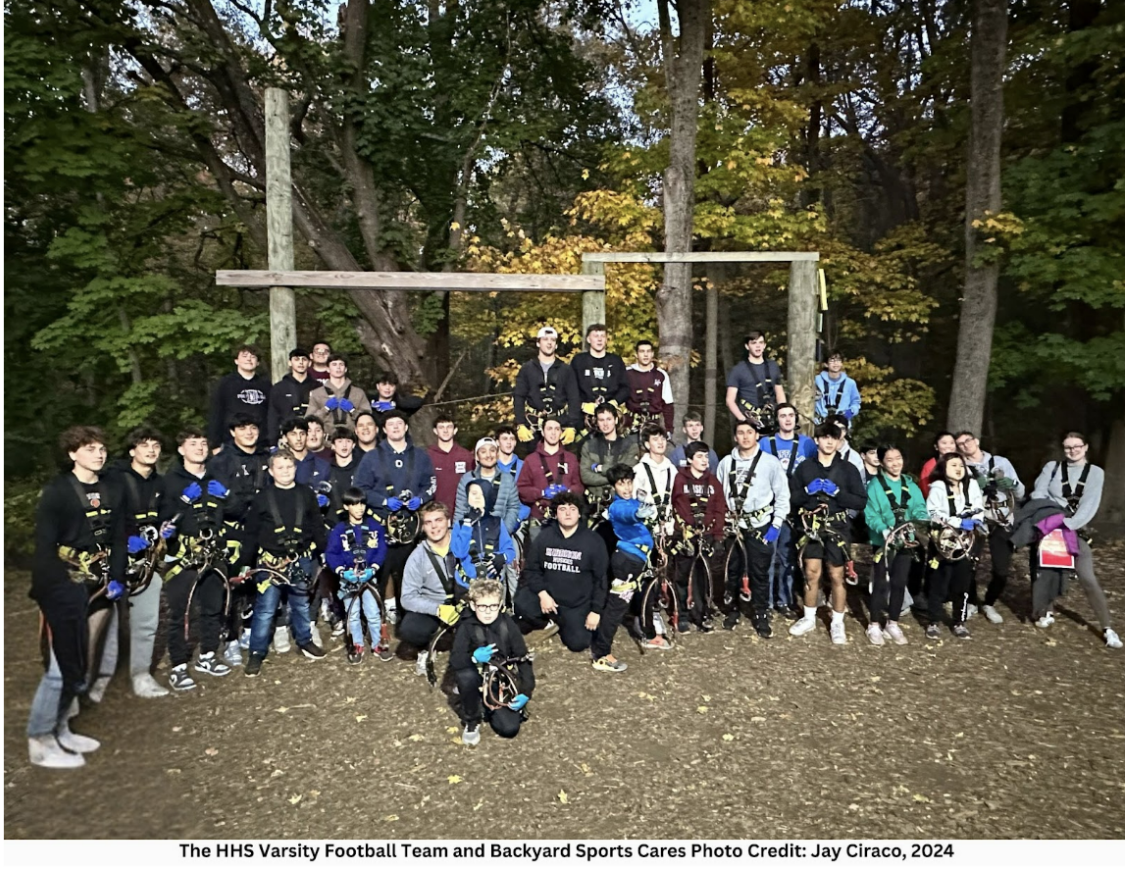

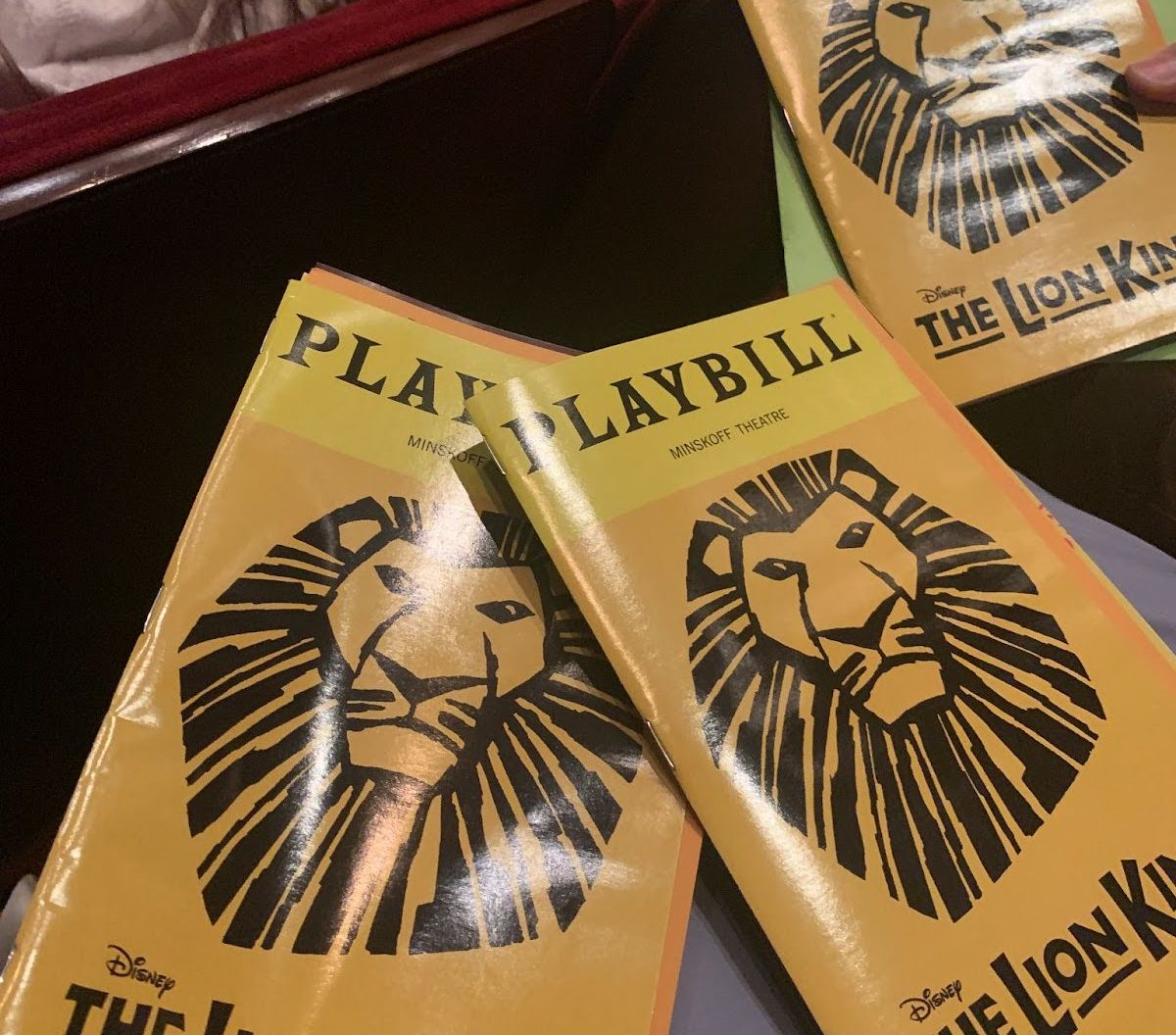



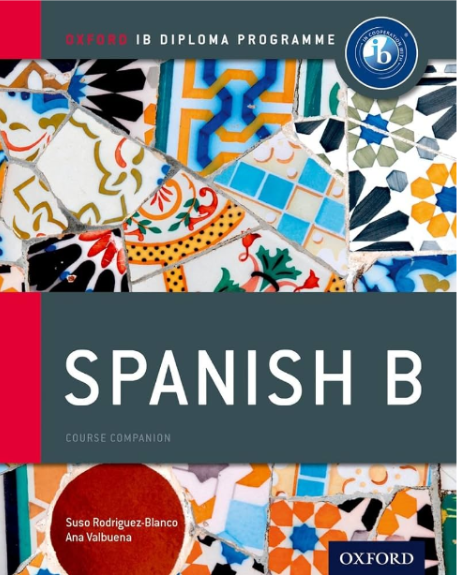
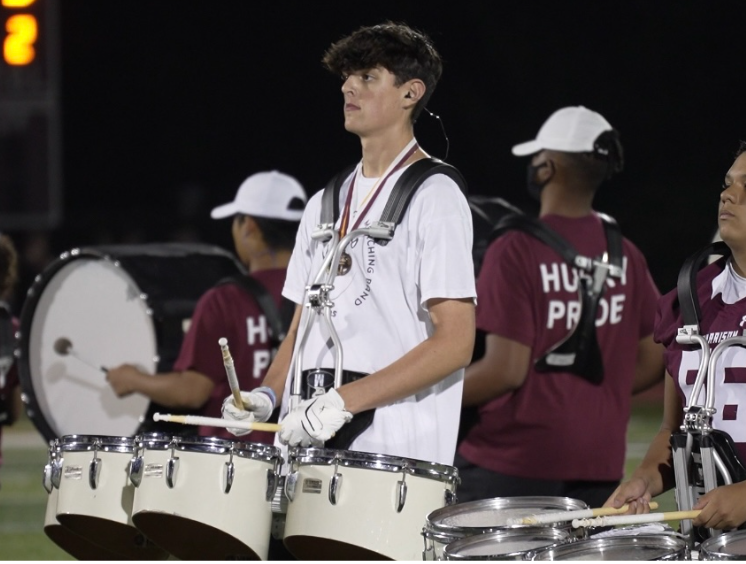
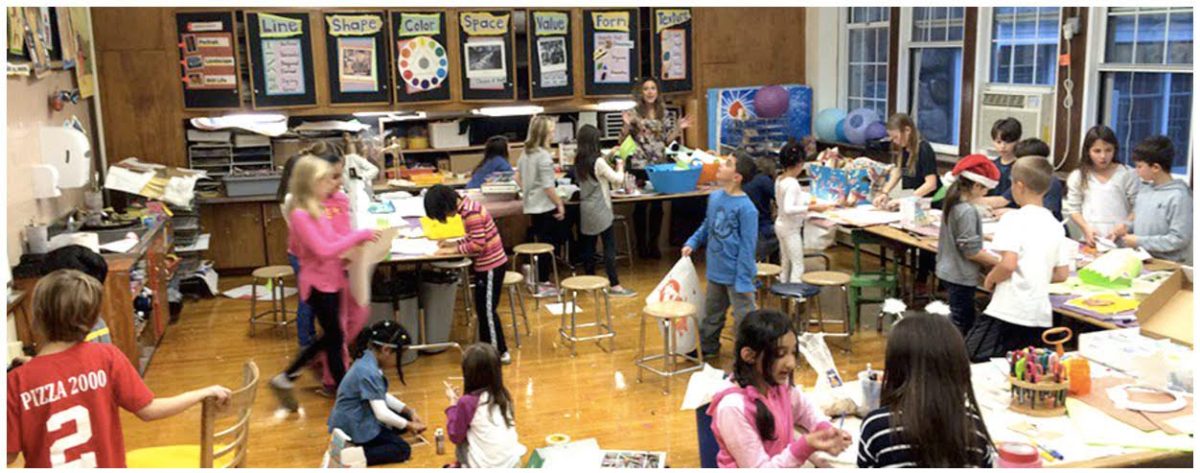
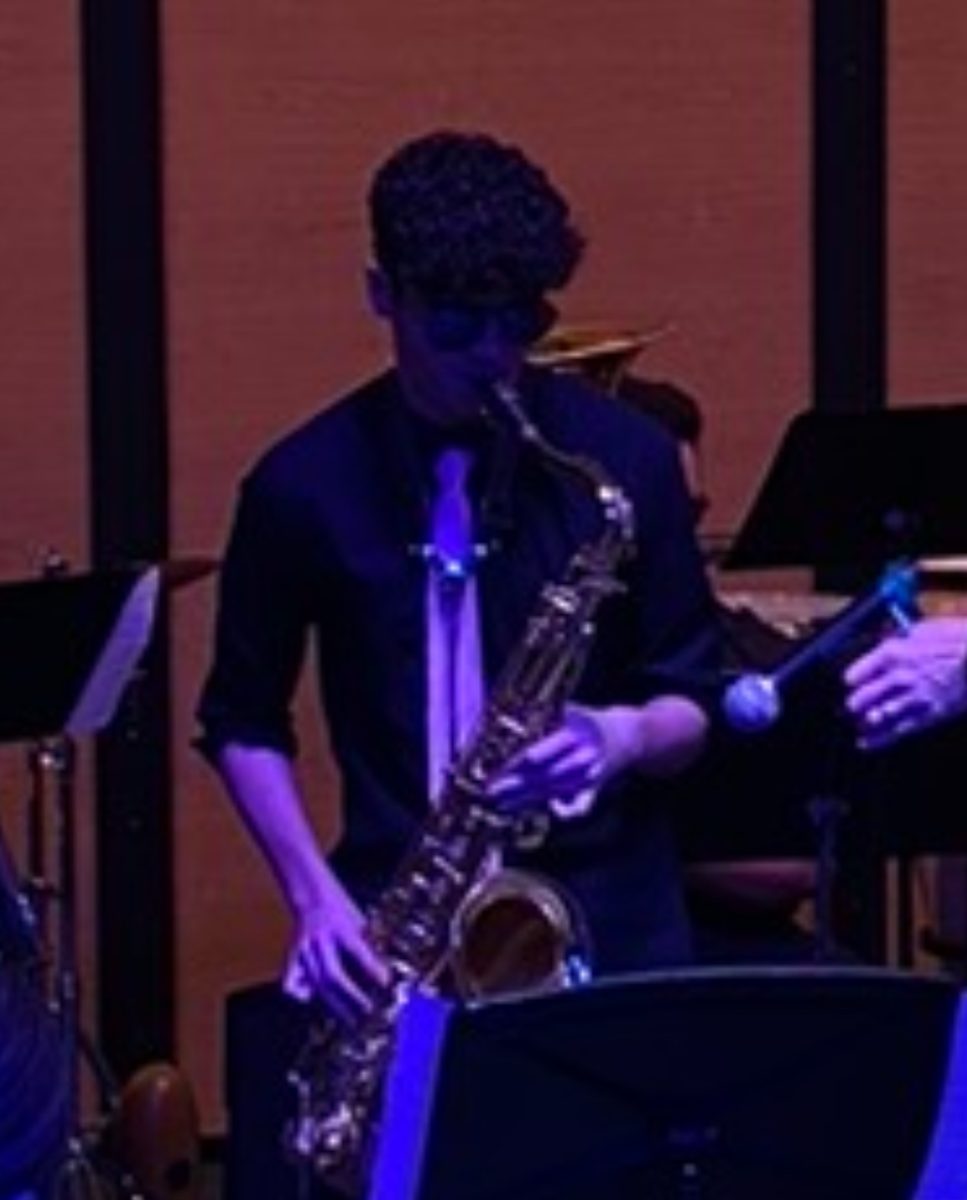
![[From left to right-Top row: Harison Fliegenspan, Talia Russo, Isis Leite, Micaela Thone, Rosella Paniccia. Bottom row: Maya Rolan, Eren Yoshimura, Audrey Cheung, Karinah Diaz]](https://thehuskyherald.org/wp-content/uploads/2025/02/IMG_0927.jpg)

